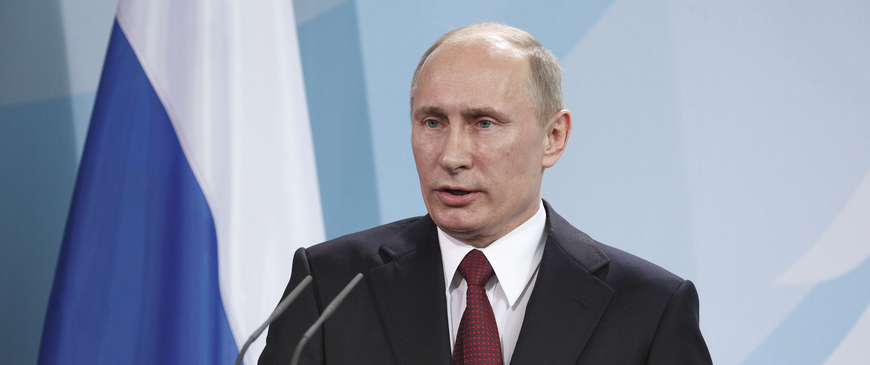
Judy Asks: Is the EU too soft on Putin?
After more than twenty years, the EU has not found a successful strategy to deal with Russian President Vladimir Putin.
Putin does not respect weakness. Yet the EU treats each outrageous act as a one-off, worthy of mild sanctions but with early redemption possible, rather than as a pattern of behavior deserving a stronger reaction on each occasion.
In the case of the attack on Russian opposition leader Alexei Navalny in August 2020, the poison was administered in Russia, not on Western streets. But the EU should not behave as though that undermines the case for a firm reaction. The use of chemical weapons is an abhorrent crime, wherever it takes place. After the 2018 Novichok poison attack on former spy Sergei Skripal in the UK, most EU countries expelled a few Russian spies—not enough to deter Putin, apparently.
So far, the EU has responded to the attack on Navalny by sanctioning a handful of Russian officials and by getting the Organisation for the Prohibition of Chemical Weapons to investigate Russia’s Novichok program. That will not make Putin beg for mercy, either.
The EU underestimates its ability to influence Russian behavior; the Russian economy relies on Europeans to buy its hydrocarbons and sell it goods and services—including financial services for the elite. Europe should not be afraid to use its leverage.
Read full article here
